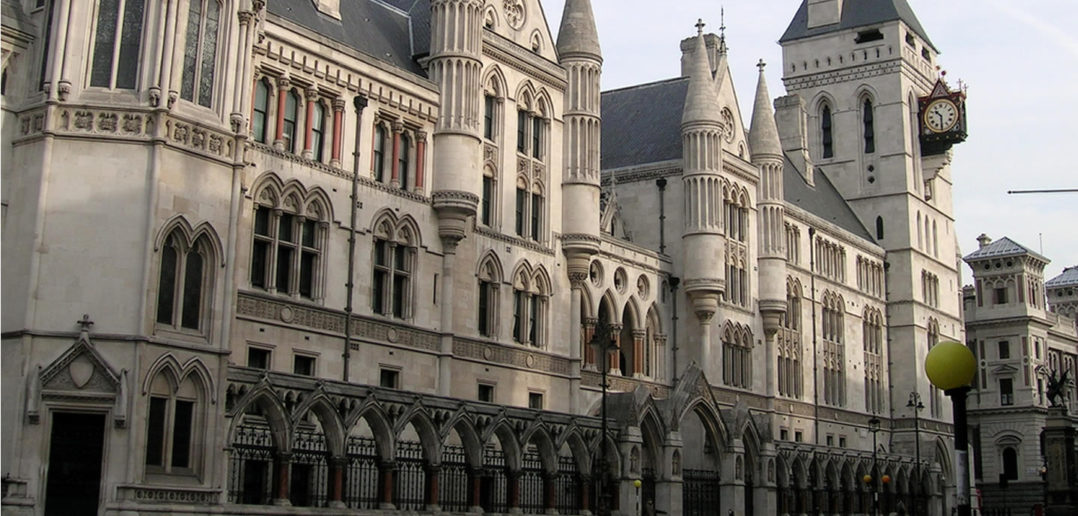The High Court has upheld the principle of parliamentary sovereignty and ruled that Westminster must vote on whether the UK can start the process of leaving the European Union before any action is taken.
Referenda in the UK are not binding, and without an act of parliament voted for by nation’s democratically elected officials they cannot be acted upon.
Prime Minister Theresa May, with the support of Brexiteers from her own party and UKIP, had planned to trigger Article 50 and begin the process of the UK leaving the EU without consulting parliament at any stage.
However, the courts have made clear that this plan would be in direct contravention of UK law, and the opposite of ‘bringing back control’ that was so central to the Brexit argument.
Following the decision, Gina Miller, the investment manager who brought the case against the government, said:
“In her speech to the Conservative Party conference [in October]the Prime Minister attacked me for bringing these proceedings as a claimant.
“She said that I was trying to subvert democracy – that it was an unwarranted and irresponsible attack. As is my constitutional right, I sought the protection of the court to stop unlawful Government action.
“The court has now given me that protection.
“I now hope that everyone will respect the courts decision so that Parliament will now make a decision in relation to the service of the Article 50 notice.
“This case was about process, not politics.
“The result today is about all of us. It’s not about me or my team. It’s about our United Kingdom and all our futures.
“It’s not about how anyone voted. Every one of us voted for the best country and the best future.”
Labour leader Jeremy Corbyn urged the government “to bring its negotiating terms to Parliament without delay”.
The government has said it will appeal the decision, but the Supreme Court will likely not hear the case until January, which could mean the May will have to delay any plans to trigger Article 50 until many months after her proposed deadline of March 2017.
The majority of MPs backed Remain in the referendum, and it is unclear how many will now change their position to avoid the appearance of attempting to stifle the will of the people, which voted 51.89% – 48.11% in support of Leave.
A parliamentary vote will bring considerable challenges, notably for London-based Conservative MPs who represent constituencies where the vote was heavily in favour of Remain, often by more than 70 percent. If these MPs vote with the government to leave the EU then they will be acting against the view of the vast majority of their own constituents and may lose their seats at the next election.




